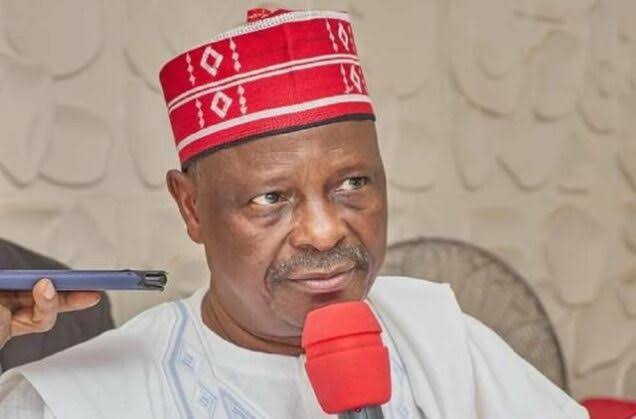National News
Presidency responds sharply to Atiku’s criticism
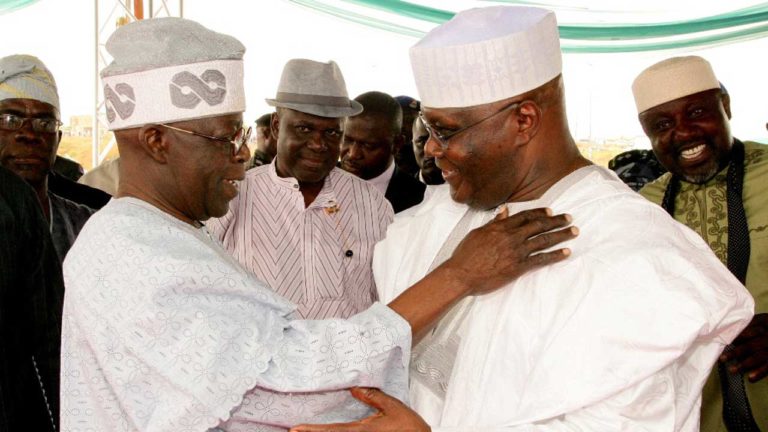
The Nigerian Presidency has issued a strong rebuttal to former Vice President Atiku Abubakar’s recent criticism of President Bola Ahmed Tinubu’s administration on its second anniversary, insisting that the progress made over the past two years is evident and undeniable—visible to all except those who “choose to be blind.”
Atiku, marking the milestone with a critical statement, accused the Tinubu-led government of exacerbating poverty and implementing policies that disproportionately benefit the wealthy while neglecting the poor majority. He further alleged that the administration has set new records in wasteful public spending and introduced “class-based systems” in essential sectors including healthcare, education, and public services.
However, Bayo Onanuga, the President’s Special Adviser on Information and Strategy, dismissed Atiku’s remarks as “partisan and misleading,” emphasizing that the Tinubu administration’s reforms are bold, essential, and designed to rescue Nigeria from a precarious fiscal crisis.
“We have made progress. Inflation is easing, food production is rising, investments are returning, and a foundation for a more prosperous, just, and inclusive Nigeria is being laid,” Onanuga stated. “These gains are in plain sight. Only those who play blind will fail to see them.”
Onanuga stressed that President Tinubu never promised the road to reform would be painless but was upfront during his campaign about the necessity of difficult decisions to restore fiscal stability.
“Tinubu was clear that these reforms were necessary to pull Nigeria back from the brink of fiscal collapse, reverse years of unsustainable spending, and establish a solid foundation for long-term inclusive growth,” he said.
Highlighting some of the administration’s landmark economic measures, Onanuga pointed to the removal of the fuel subsidy and the unification of the foreign exchange system—moves that previous administrations, including that of former President Olusegun Obasanjo and Atiku himself, had contemplated but failed to implement.
“Atiku and the other major candidates in the 2023 election agreed on the need for these reforms. But as the winner, the responsibility to implement them rests with President Tinubu. Unlike some critics, many Nigerians acknowledge that these steps have stabilized government finances, curbed systemic corruption, and enabled direct investments in social programs and infrastructure.”
In response to claims that Tinubu’s policies are anti-poor, Onanuga highlighted several government initiatives aimed at protecting vulnerable Nigerians. These include expanded social safety nets, targeted support for low-income families, and a significant increase in the national minimum wage—from N30,000 to N70,000—with some states reportedly paying up to N85,000.
“The Tinubu administration recognizes the impact of its policies on the vulnerable and has accordingly boosted social investments and introduced targeted interventions. The doubling of the minimum wage is a testament to this commitment,” he added.
On education, Onanuga rebutted Atiku’s criticism by pointing to the newly introduced Student Loan Scheme, which has benefited over 600,000 Nigerian students, providing both tuition and living allowances to underprivileged youths.
“While the loans may not yet cover students attending expensive institutions like Atiku’s alma mater, American University in Yola, what is undeniable is that higher education is now more accessible to deserving young Nigerians under President Tinubu’s leadership,” he said.
The Presidency also acknowledged the challenges posed by ongoing reforms but assured Nigerians that efforts are underway to mitigate the hardships faced by citizens.
Onanuga concluded by urging Atiku to move beyond partisan criticism and contribute practical solutions.
“Criticism must be constructive. If Atiku opposes government policies, he should also offer solutions. Otherwise, his comments will be dismissed as mere partisan rhetoric and empty talk. Nigerians deserve opposition leaders who provide answers—not just complaints.”
-
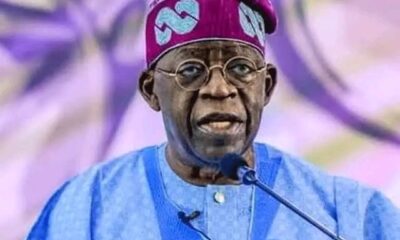
 Opinion1 day ago
Opinion1 day agoWhy Tinubu is not weaponising poverty – Ogala
-
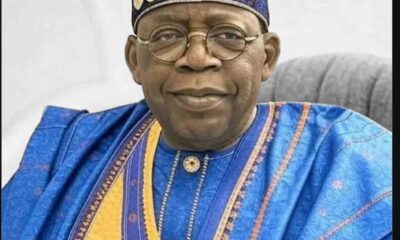
 National News2 days ago
National News2 days agoYour anti-Tinubu coalition will fail, APC cheiftain tells Atiku, Obi, others
-

 Crime and Law2 days ago
Crime and Law2 days ago79-year-old Nigerian woman cries out after allegedly being exploited in U.S
-
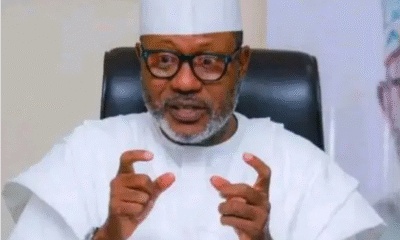
 Politics1 day ago
Politics1 day agoBreaking: Buhari’s minister dumps APC in Nasarawa ahead of 2027
-

 National News14 hours ago
National News14 hours agoBreaking: FG declares June 6, 9 public holidays to mark Eid-ul-Adha celebration
-

 Business1 day ago
Business1 day agoFidelity Bank expands, opens 3 more branches across Nigeria
-

 Crime and Law19 hours ago
Crime and Law19 hours ago“I didn’t tell my children”—79-year-old Nigerian breaks silence after U.S. exploitation
-
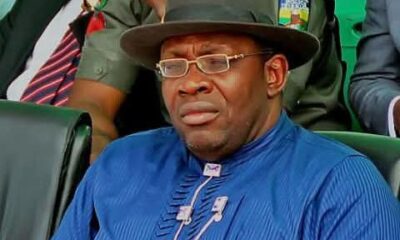
 Politics1 day ago
Politics1 day agoYou conspired, removed Jonathan yet nothing changed, Dickson tells Amaechi, Atiku, others













